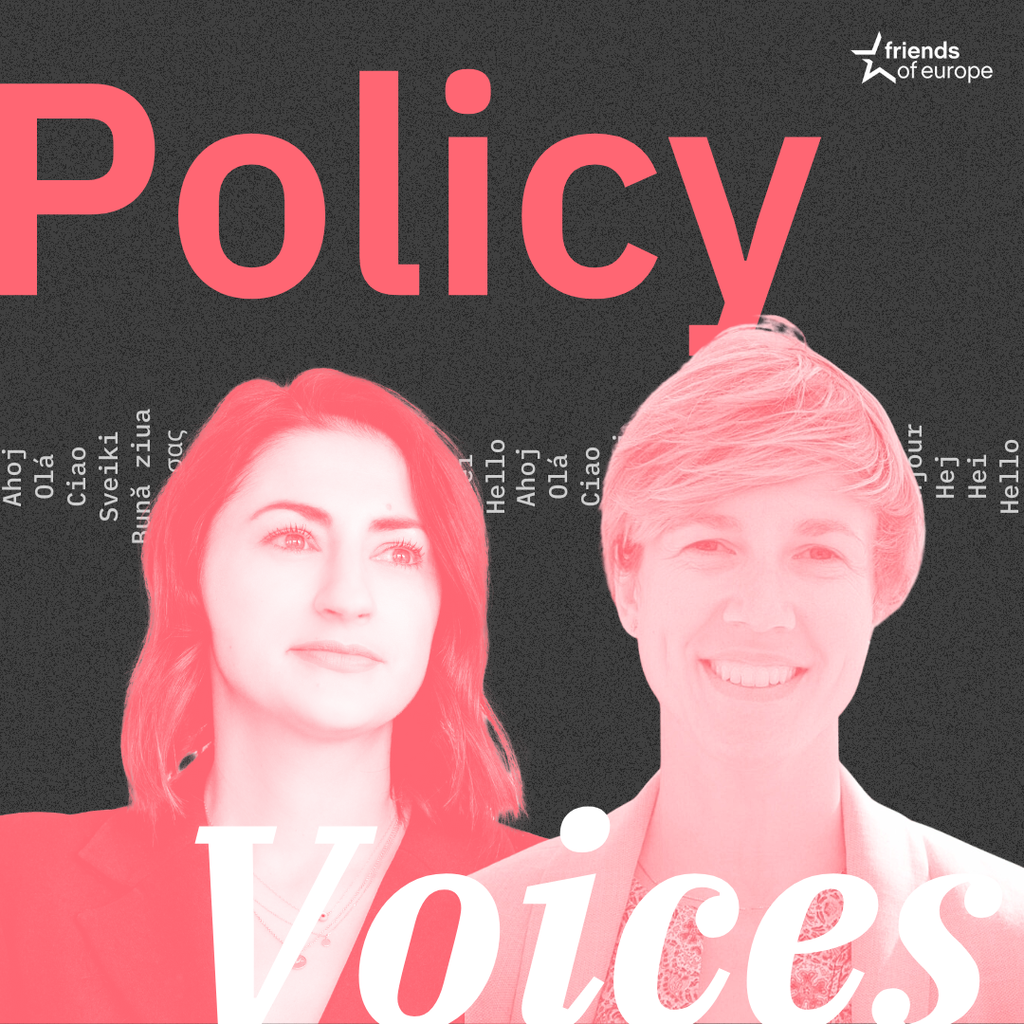A bold vision for a climate-neutral and competitive Europe
Next event In person & livestreamed

- Area of Expertise
- Climate, Energy & Natural Resources
Climate, Energy & Natural Resources

Non-Resident Fellow, Center on Global Energy Policy, Columbia University School of International and Public Affairs
President Obama’s declaration that addressing climate change is one of his signature issues has been cause for optimism among the international community. The most visible actions have been the historic joint announcement of post-2020 shared U.S. climate goals with China, and the introduction of that goal – to reduce GHG emissions by 2025 to 26-28% below 2005 levels – in the UN climate negotiations.
International reaction to reinvigorated US climate diplomacy has been generally positive, if a bit wary. That wariness owes something to political rhetoric in the United States, notably the warnings from leading Republican lawmakers that other countries should “proceed with caution” before pledging emissions reduction targets because the U.S. will not meet its own; they assert that Obama’s proposed Clean Power Plant rule will face an uncertain future. And of course the 2016 presidential elections will bring a new administration that may take a more sceptical view on addressing climate change.
Despite the uncertainties of US politics, there are at least three reasons to be optimistic that the regulations underpinning America’s climate commitments will endure
Despite the uncertainties of U.S. politics, there are at least three reasons to be optimistic that the regulations underpinning America’s climate commitments will endure. First, it is arguably more difficult to modify or remove regulations than to promulgate them. If the Clean Power Plant rule is finalised this year, then its modification or repeal would have to go through the same extensive process as the original rule, and any changes would have to take account of the record that is being built to justify it.
The difficulty of repealing final rules is illustrated by the history of “midnight rulemakings” at the end of presidential terms. In every presidential transition between parties since President Carter left office, and perhaps even stretching back to 1948, there has been a sharp increase in new regulations in the waning days of each administration. Known pejoratively as midnight rulemaking, this is criticised as illegitimate by whichever political party was coming to power. Yet these midnight rules have proven resilient over the years and there are few examples of their being repealed.
The second reason for optimism is that, the Supreme Court has ruled three times that the Environmental Protection Agency has the authority to regulate carbon dioxide emission under the Clean Air Act. As the law stands, the EPA has an obligation to regulate those emissions, so while a shift in politics might result in the EPA taking less aggressive action or even attempting to roll back some aspects of regulation over the last seven years, it cannot refuse to take action to address GHG emissions.
The 2016 presidential elections will bring a new administration that may take a more sceptical view on addressing climate change
The third reason is that by the time court challenges are resolved, which would likely not be until 2019 if the challenge takes as long to go to the Supreme Court as recent challenges to EPA regulations, industry will have made significant new investments, to comply with the clean power plant regulations, moving towards lower CO2 generation. The EPA’s 2011 rule on mercury emissions is an instructive example; by the time oral arguments were heard by the U.S. Supreme Court in early 2015, industry analysts predicted that even if the Court overturned the rule there would be little impact because companies had already decided to retire coal power plants.
These three sources of optimism by no means guarantee long-term success of Obama’s climate initiatives. The provision the EPA is using for the Clean Power Plant rule (Section 111(d) of the Clean Air Act) is relatively untested in court, making the outcome of judicial review uncertain. Repealing a final rule is difficult, but not impossible. And if there is a change of party in the White House and Republicans gain seats in the Congress (particularly in the Senate) then the chances of a legislative roll back would increase. But a change in tenant at in the White House does not necessarily mean a change in US climate regulations.
Next event In person & livestreamed

Past event In person & livestreamed

Past event In person & livestreamed

Past event In person & Livestreamed





Stay informed
We use cookies and similar technologies to adjust your preferences, analyze traffic and measure the effectiveness of our campaigns. Learn more about our privacy policy.